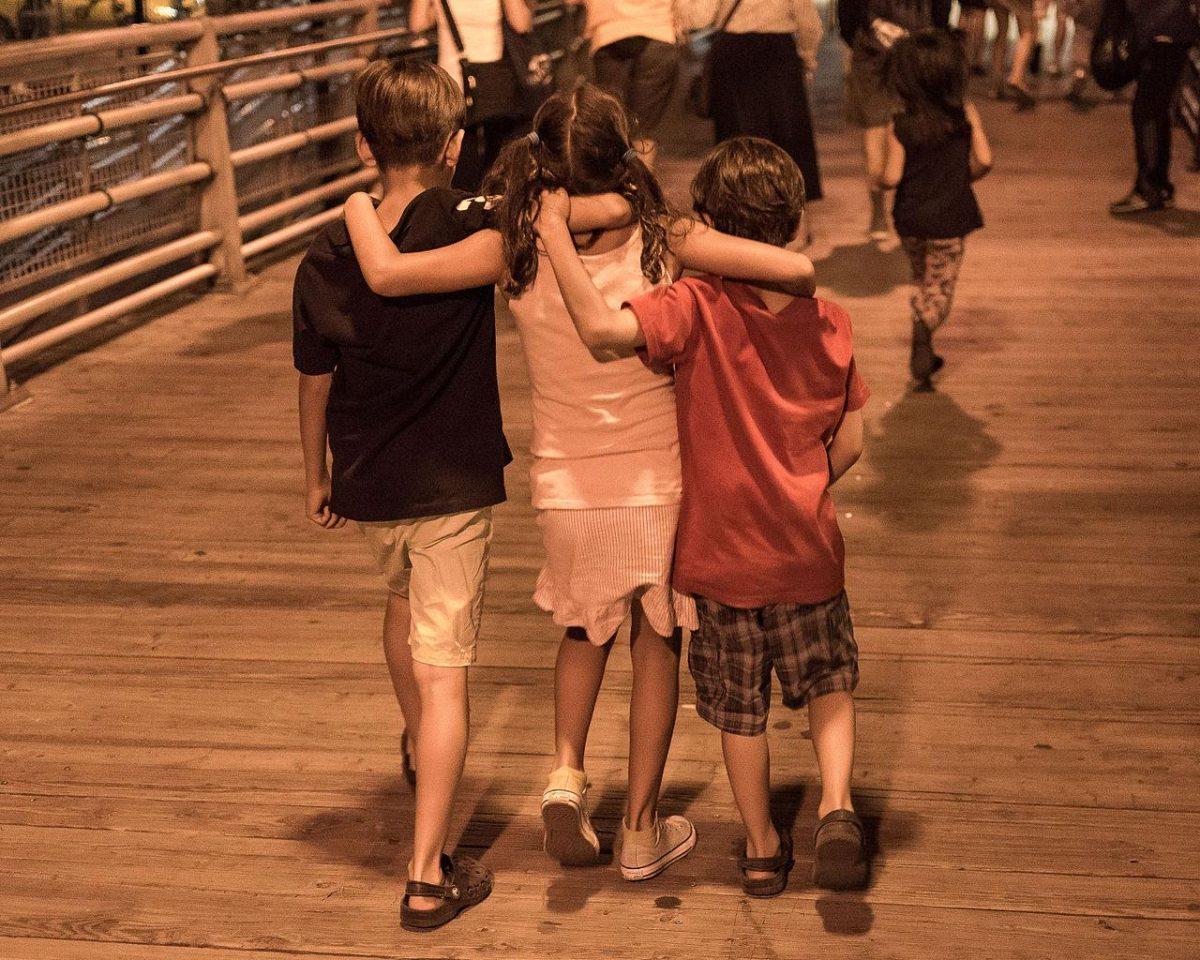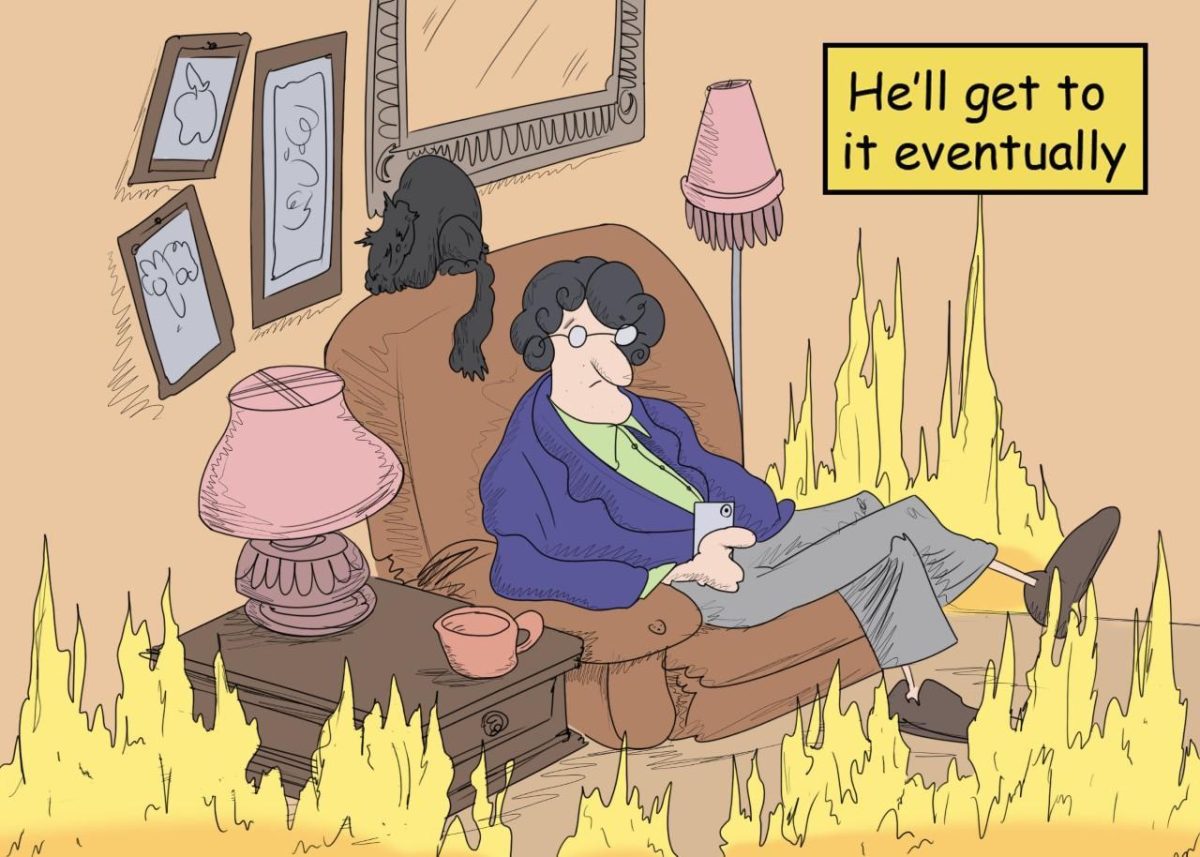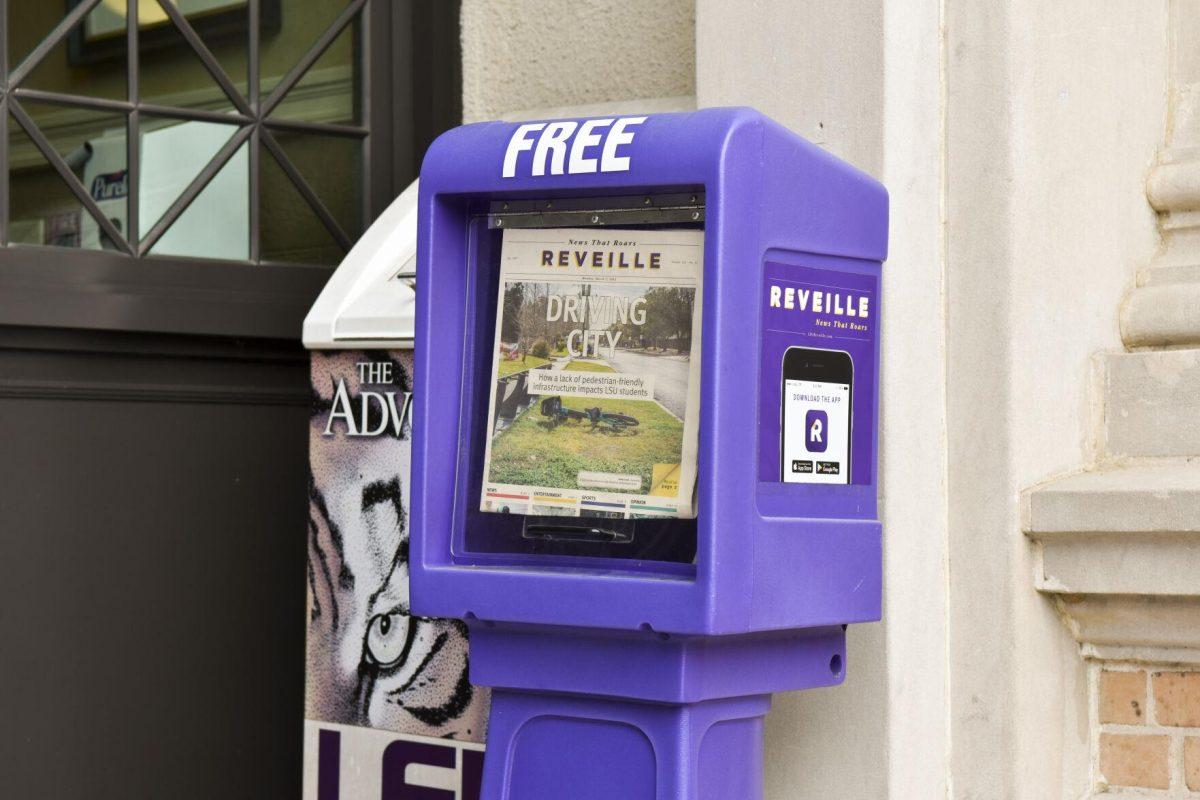We should be more aware of our own situations and keep an eye out for our neighbor.
How often do you find yourself in an unintentionally sketchy situation?
For me, it’s quite often. I have a small circle of friends and they aren’t always free to come on mini adventures or trips with me, so I usually end up alone. Most of the time, this isn’t a problem, and no one even pays me any attention. Sometimes, however, I do stumble into situations that make me feel unsafe or uncomfortable.
Not everyone is as nice as they seem, and in today’s society, you never know what is going to happen next. We all know that. We’ve grown up hearing it, and we hear it again every time we get off the phone with a grandparent. “Be careful.”
For the most part, we are careful. We’re mindful of what we’re getting into, and we not only look out for ourselves but others, too.
Walking across campus alone at night is scary enough, most of the time. It’s usually pretty quiet and dark, and depending on what events are happening on campus, there can be a lot of people around looking to make trouble, especially after football games.
In fact, in a set of papers published in 2008 by Daniel I. Reeves and Kevin T. Schnepel titled “College Football Games and Crime,” they say there is significant evidence suggesting that disruptive and aggressive behavior rises among fans during college football games.
This is obvious to most of us. Gamedays can bring out the worst in people or the worst people.
Last semester, I left a game alone and was followed by three grown men who kept insisting I needed to come with them to their place. Another time, a friend and I were walking around after a game, and a man started walking toward us threatening to stab us.
We always have police officers on campus, and even more on gamedays, but it is still hard to really feel “safe.”
Of course, there are even more opportunities to run into unfortunate circumstances when you are off campus. That’s where it really pays to be more aware, rather than just careful. It doesn’t mean you have to compromise your good time or make the assumption that everyone is dangerous and “out to get you.”
It just means we need to stay observant of our surroundings and be able to recognize when something seems off. Be vigilant in sketchy situations and watch out for other people who may seem unaware.
There are also a variety of free apps you can download in order to feel more safe. A few of the top apps for this are bSafe, Kitestring, Bugle and SafeTrek. The University even offers a safety app called “LSU Shield” which is available in the App Store and on Google play.
I know we all hate to talk about safety issues, but it doesn’t hurt to be conscious and prepared. You may one day find yourself in a situation where you are the only one who is.
Harriet Adams is a 20-year-old mass communication sophomore from Bonita, Louisiana.







